After years in prison, Max promises revenge on his brothers for their betrayal. His lover Irene and memories of his past yield him a broader perspective.
Blutsfeindschaft (1949) Online
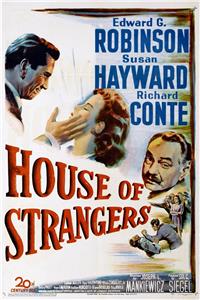
In New York, after seven years in prison, the lawyer Max Monetti goes to the bank of his brothers Joe, Tony and Pietro Monetti and promises revenge to them. Then he visits his lover Irene Bennett that asks him to forget the past and start a new life. Max recalls the early 30s, when he is the favorite son of his father Gino Monetti, who has a bank in the East Side. Gino is a tyrannical and egocentric self-made man that raises his family in an environment of hatred and Max is a competent lawyer engaged with Maria Domenico. When Max meets the confident Irene, he has a troubled love affair with her. In 1933, with the new Banking Act reaches Gino for misapplication of funds. Max plots a plan to help his father but is betrayed by his brothers. Now Max will see his brothers that have also being raised under the motto "Never Forgive, Never Forget".
| Complete credited cast: | |||
| Edward G. Robinson | - | Gino Monetti | |
| Susan Hayward | - | Irene Bennett | |
| Richard Conte | - | Max Monetti | |
| Luther Adler | - | Joe Monetti | |
| Paul Valentine | - | Pietro Monetti | |
| Efrem Zimbalist Jr. | - | Tony Monetti | |
| Debra Paget | - | Maria Domenico | |
| Hope Emerson | - | Helena Domenico | |
| Esther Minciotti | - | Theresa Monetti | |
| Diana Douglas | - | Elaine Monetti | |
| Tito Vuolo | - | Lucca |
The first of three movies written by screenwriter Philip Yordan, based on the novel, "I'll Never Go Home Again," by Jerome Weidman. The other two were Broken Lance (1954), with Spencer Tracy (for which Yordan won an Oscar for Best Story), and The Big Show (1961) with Esther Williams and Cliff Robertson.
"The Screen Guild Theater" broadcast a 60 minute radio adaptation of the movie on January 25, 1951 with Edward G. Robinson reprising his film role.
According to Kenneth L. Geist's biography of the film's director Joseph L. Mankiewicz, People Will Talk, the film's producer Sol Siegel hired Philip Yordan to adapt Joseph Weidman's novel for the screen. After Yordan submitted three-quarters of the script, Siegel, finding the script unacceptable, fired him and asked Mankiewicz to redo the script. Mankiewicz rewrote all of Yordan's dialogue, reshaped the script and finished it. The Screen Writers Guild ruled that Yordan receive sole story credit and that Yordan and Mankiewicz share credit for the screenplay. Mankiewicz refused to share credit for a screenplay he had basically written and so received no credit. The studio remade House of Strangers as a western in 1954 as Broken Lance and Yordan was given credit for the story and won an Academy Award for Best Writing, Motion Picture Story. As Yordan's filmography shows, he was a prolific front in the 1950s for screenwriters who were blacklisted. And so, it seems oddly fitting that he received his only Academy Award for a film (Broken Lance) that he did not work on that was based on a screenplay to which his contribution is a matter of dispute.

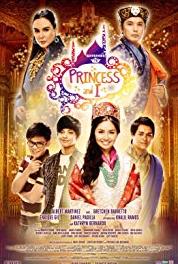


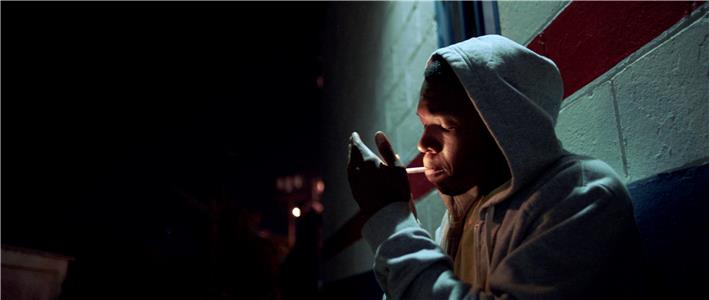
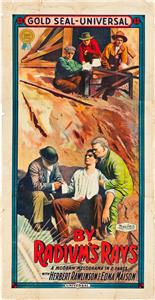



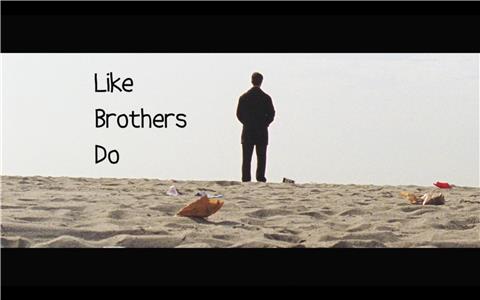
User reviews